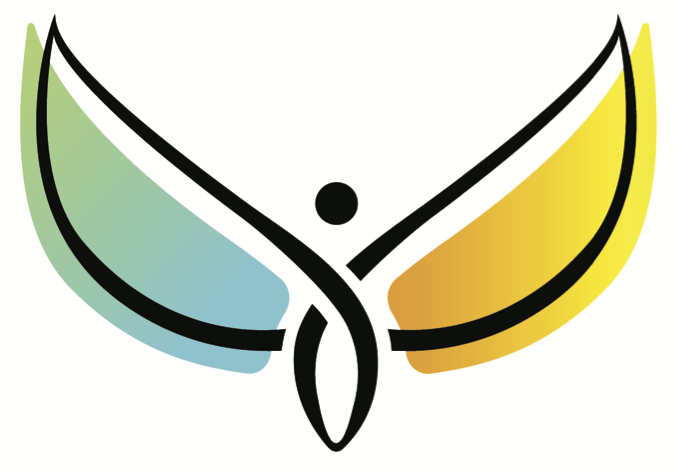Confidence
Confidence is a feeling or belief in someone or something. We feel confident that our friend will show up for lunch. We feel confident our doctor knows what she is doing. We feel confident the roller coaster will return us alive and well. This type of confidence – let’s call it “other confidence” – allows us to function throughout our days.
Self-confidence, the belief in oneself, is much more challenging for many people. Being smart, competent, and a high performer is often unrelated to feeling self-confident. That other people have confidence in us is not sufficient enough to generate the internal confidence we all desire. Many people suffer from the “imposter syndrome,” that somehow they are able to “fool them again” and it’s just a matter of time before people “find out” they really aren’t very smart or competent. (See "Sunlight.")
I have worked with many smart, capable, and productive life coaching clients who seemingly have every reason to feel self-confident, but they don’t. Their fear, like ours, typically revolves around not wanting to look foolish or dumb. Making even one less-than-brilliant comment is enough to send their self-confidence plummeting.
Our fear of making a mistake or being unable to answer a question in front of others underlies people’s number one fear: public speaking. Study after study puts public speaking ahead of the fear of death. Really. We are more afraid of each other than we are of dying.
Some people seem to naturally have more self-confidence than others, but it is a skill and a feeling that can be learned. I’ve seen many clients go from little self-confidence to speaking up and speaking out. This learning process varies from person to person, but here are some general tips that are useful when you feel on shaky ground:
- Gain perspective. Our one (potential) error or mistake looms so large that we can barely remember all of our successes. Zoom the lens out to put this one (potential) incident where it belongs in the totality that is your life. You’ll find it is no more than an asterisk.
- Check your responses. When you have witnessed another person make a mistake, did you think poorly of that person? Did harsh words such as “idiot” or “loser” come to mind? Probably not. We are far harder on ourselves than we are on others. Apply that same free pass to yourself.
- Identify the consequences. What would happen if you put yourself out there and the worst occurred? Would you lose your loved ones? Become homeless? Get fired? Highly unlikely. Don’t magnify your misstep so that it becomes larger than life.
The bottom line is we are human, and we will make mistakes or misspeak publicly. Being human is, by definition, being imperfect. We do our best. We have lots of ups and some downs, we keep learning, and we move forward.
Know you are more than enough. Not perfect, of course, but pretty darn great. I am confident that’s true.




